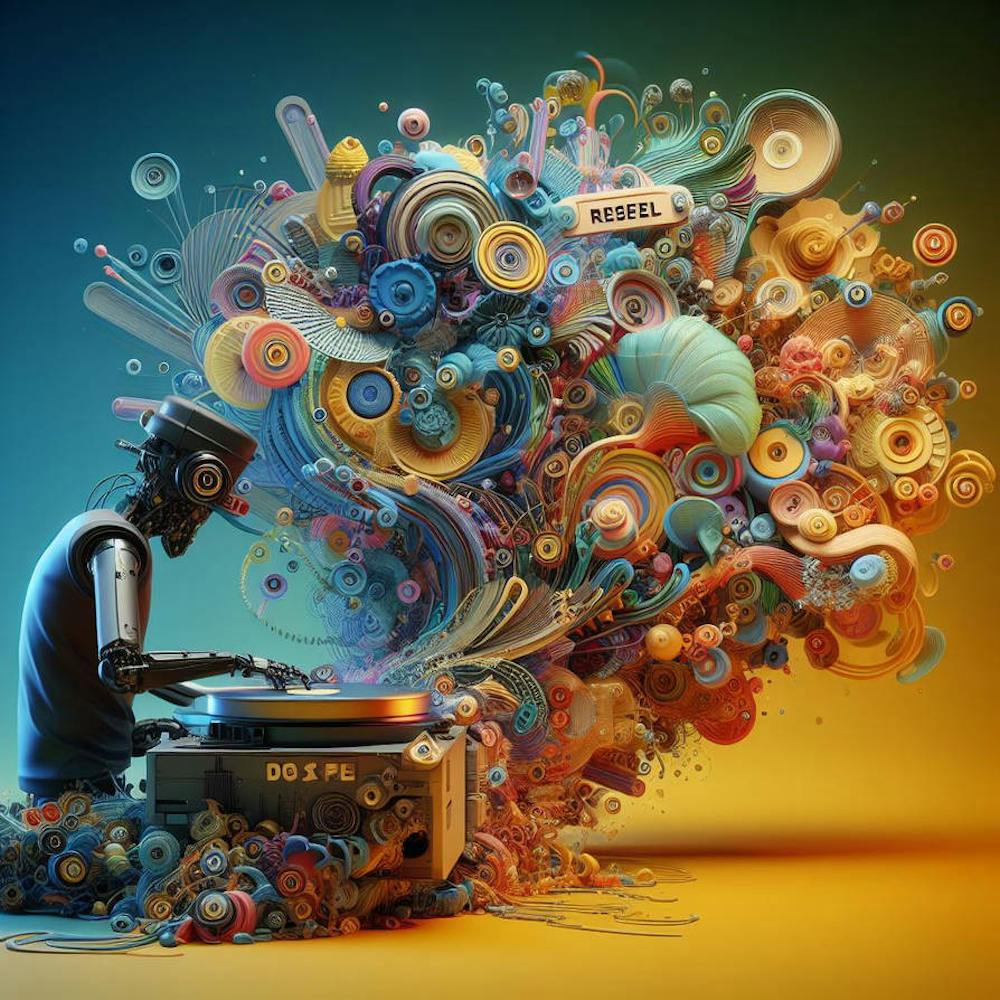By Chiara Piacentini
Staff Writer
While artificial intelligence has made significant strides in the entertainment industry, some celebrities are concerned that these advancements could be taken too far. A petition to protect artist rights that was sent to AI developers was published by the Artist Rights Alliance on April 1 with the signatures of over 200 celebrities. Billie Eilish, Nicki Minaj and Katy Perry were among the petitioners.
The Artist Rights Alliance is a non-profit group that supports musicians in a world where the digital sphere is a growing constant.
While the petition acknowledges that AI produces creative opportunities, it also makes note of some of the threats AI poses to human works, including using it to imitate an artist’s voice.
“Unfortunately, some platforms and developers are employing AI to sabotage creativity and undermine artists, songwriters, musicians and rightsholders,” the petition states.
The letter continues by asking AI creators for their cooperation in ensuring that they do not continue to make AI-generated material without the artist’s consent.
“We call on all AI developers, technology companies, platforms, and digital music services to pledge that they will not develop or deploy AI-music generation technology, content, or tools that undermine or replace the human artistry of songwriters and artists or deny is fair compensation for our work,” the letter concludes.
This hasn’t been the only complaint against AI in the celebrity realm. Last September, Brian May from Queen expressed his concern about the way AI could be incorporated in music in the future in an interview with Guitar Player.
“I think by next year the landscape will be completely different,” May said, according to People Magazine. “We won’t know what’s been created by AI and what’s been created by humans…It makes me feel apprehensive.”
A couple months later, Bad Bunny also spoke out against AI in response to a Chilean artist’s remake of his “Demo #5: Nostalgia” using AI as Bad Bunny’s voice that went viral on TikTok.
“If you guys like this s---ty song that is viral on TikTok, leave this group right now. You guys don’t deserve to be my friends,” he said on his Whatsapp channel to his 20 million followers.
Due to a legal vacuum, Bad Bunny couldn’t file a lawsuit against the artist. This petition intends to take the first steps in closing this void by proposing that AI developers should be prevented from creating “copycats” of an artist’s work without their permission.
Tennessee has also given artists a beacon of hope by passing the Ensuring Likeness, Voice and Image Security Act (a.k.a the “ELVIS Act”) this past March. This legislation has been created with the purpose of safeguarding musicians against possible AI threats. It intends to make sure that an AI-generated voice of an artist is not created without their approval.
The bill will go into effect on July 1.







